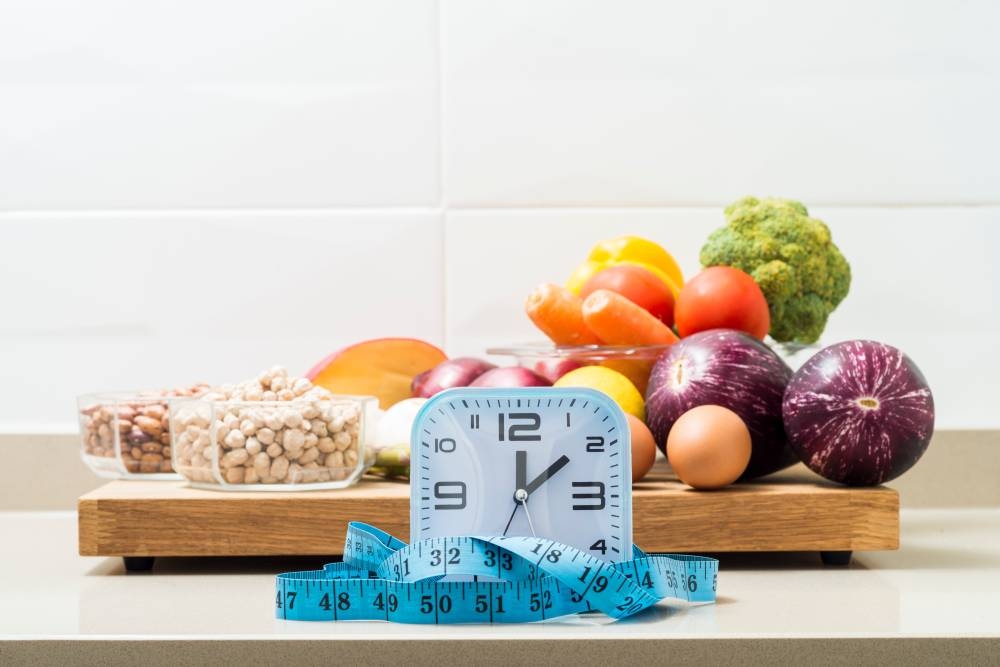Diabetes and fasting: Preparing for Ramadan
MOHD SIDDEQ AZHA AZAHARI
Ramadan is coming soon and for all Muslims - it’s a beautiful month of immense blessing, spiritual elevation, and self-reckoning.
The act of Ramadan itself requires first and foremost - a complete abstinence from food, drinks, and sexual activity from the time of sunrise to sunset, or equally from the time of the Subuh prayer to Maghrib.
As the fasting period goes by, inevitably the eating time for Suhoor and Iftar differs. Culturally in Malaysia, we have "moreh"; a supper taken usually after the unique Taraweh prayers of Ramadan.
While this may not be too troublesome for those with no ailments and illnesses to adjust, it can be anxiety-inducing for those with diabetes, especially when it comes to the risk of hypoglycemia (low blood sugar), blood sugar control, and medication adjustment.
However, rest assured that diabetic patients can still enjoy and observe their Ramadan fast better provided they make some adjustments before Ramadan comes and adhere to these simple suggestions below.
First, before Ramadan starts, people with diabetes should time their meals as close to the Suhoor and iftar as possible.
Once that’s done, ensure that you are able to stick with the regular timing. Regular timing helps to adjust your body so that it can control blood sugar more regularly.
Next, incorporate more fiber from fruits and vegetables in your current breakfast to satiate yourself and adapt for the longer fasting (i.e non-eating time) before your lunch.
The same strategy would apply to your Suhoor in Ramadan to ensure that your blood sugar maintains better and smoothly throughout the day.
Thirdly, maintain adequate hydration throughout the day. 2 to 3 liters of water is a good aim to achieve for most people that do not have any fluid restriction.
When Ramadan comes, you must also ensure that the same hydration is acquired during the non-fasting time.
Sufficient hydration will further reduce your tendency for tiredness during the long-fasting period of Ramadan and from the possible heat of the day.
Lastly, discuss with your general practitioner now and understand the required change for your medications or insulin usage.
These will change during Ramadan and it’s important to adjust the medication usage accordingly to avoid any issues of hypoglycemia or improper blood sugar control.
Once you are able to do all of the above, diabetes will not be an issue anymore in Ramadan!
With that, you are able to enjoy the cultural and spiritual benefits of Ramadan while still able to keep your diabetes in check.
For more information on credible nutrition advice, please visit: www.dietideas.com.my
This article was written by Diet Ideas Service Manager and Dietitian, Mohd Siddeq Azha Azahari.














